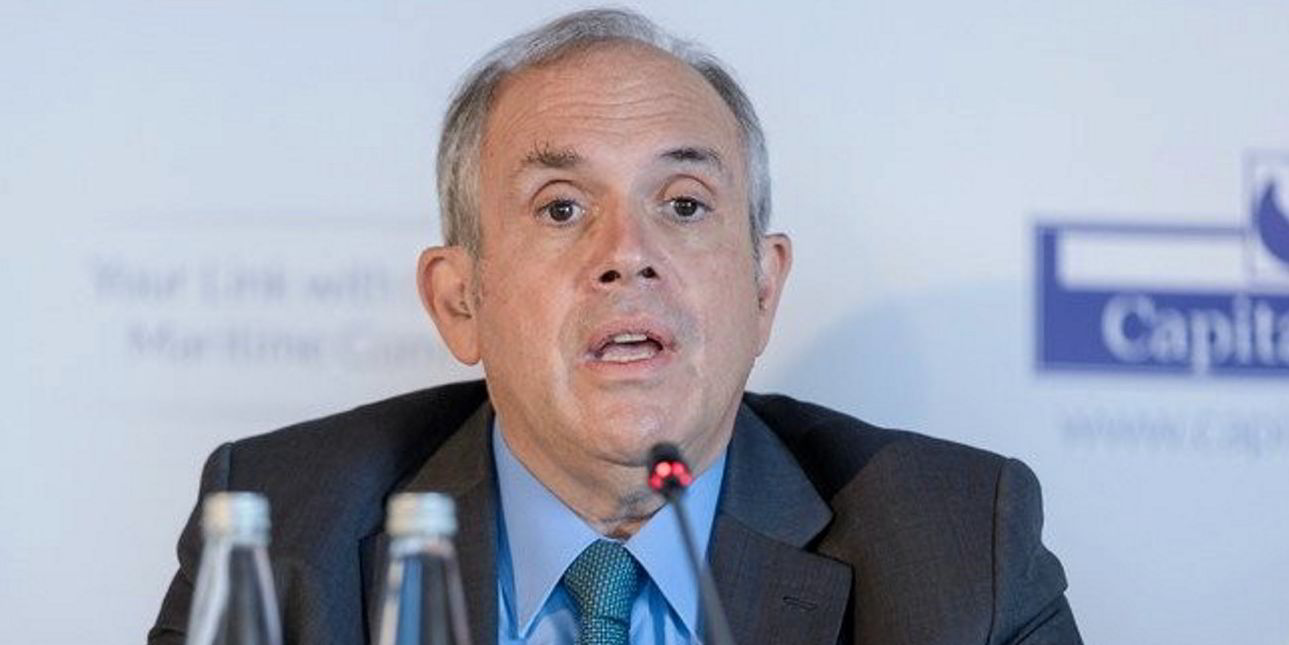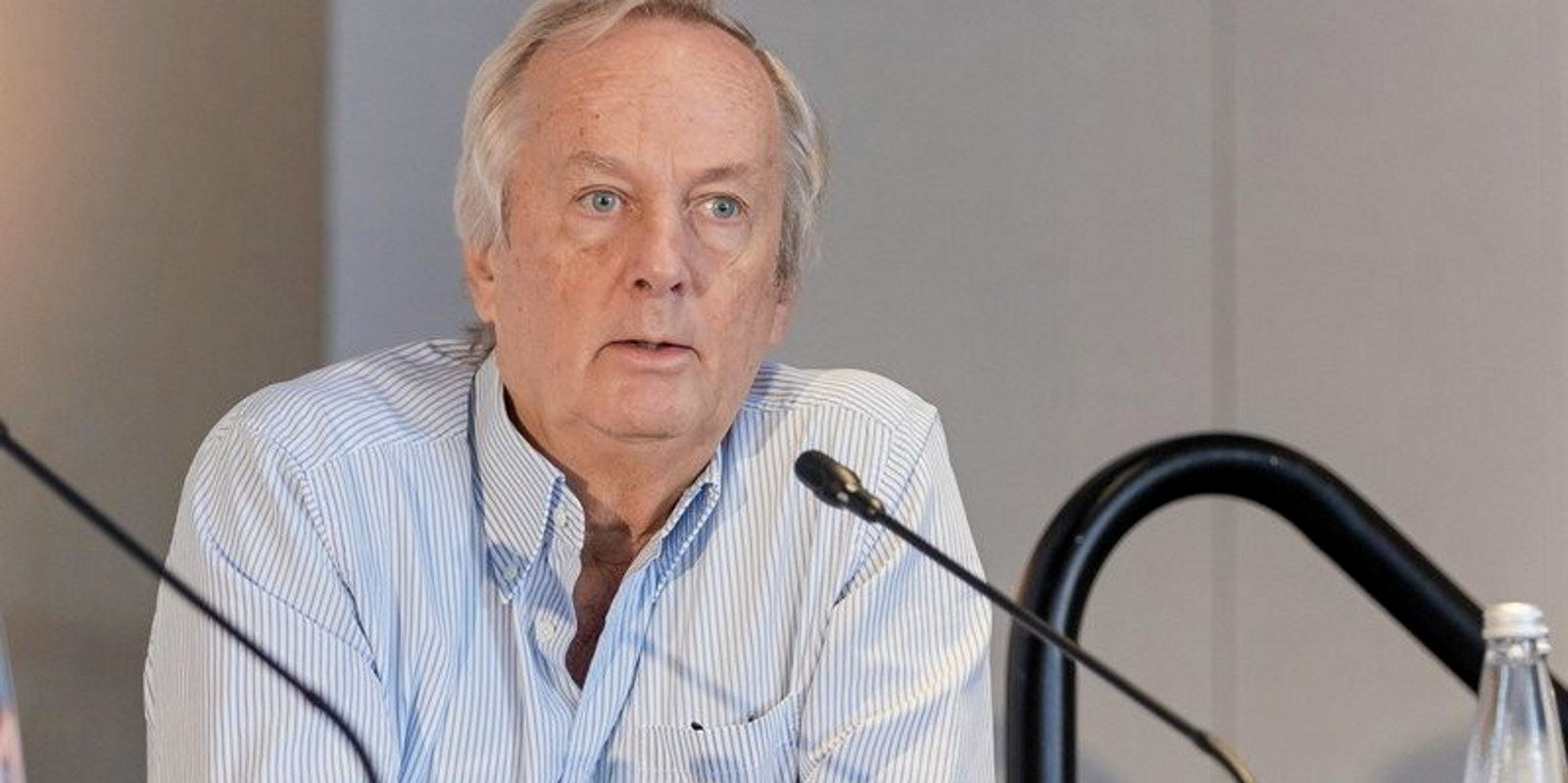Bulker owners want the Carbon Intensity Indicator to be reconsidered to avoid risks to global economies and consumers.
Intercargo, the association that represents the dry bulk sector, said its members think the regulation, which entered into force in January last year, will unfairly penalise the sector in its current form.
The CII measures and rates how efficiently a ship transports goods or passengers in terms of CO2 emissions.
“Intercargo’s members feel very strongly that the CII, in its current format, needs a fundamental reconsideration to account for the operating conditions in our sector,” said chairman Dimitris Fafalios.
“While we are, of course, supportive of the International Maritime Organization’s environmental aims, they must be enforced in a fair and equitable manner across the maritime spectrum.
“They also need to be applied in way that is not potentially damaging to the shipping industry, as well as to avoid the wider adverse effects on economies and on end consumers.”
Intercargo said the topic of CII “featured heavily” in discussions at a meeting of its members in Tokyo.
The meeting also looked at macroeconomic impacts on dry cargo shipping, such as conflicts leading to vessels being rerouted and increased insurance costs.
Recommendations on port state controls were discussed too, as well as safety and quality operations.
In September, Arsenio Dominguez, who at that time was the incoming secretary general of the IMO, confirmed that the United Nations agency had already begun reviewing the controversial regulation and a several proposals were under consideration.

Environmental groups defend CII as a useful tool to encourage fuel efficiency and tackle carbon intensity in a technology-neutral way. However, they too would like to see changes to the regulation, with a view to giving it more enforcement teeth and more ambitious emissions reductions.
Others have criticised CII for being too easily “gamed” and leading to ships being operated in such a way that they attain a higher rating but may in fact emit more carbon.
Owner-operator Oldendorff delivered a scathing yet forensic critique of the regulation shortly before it entered into force.




